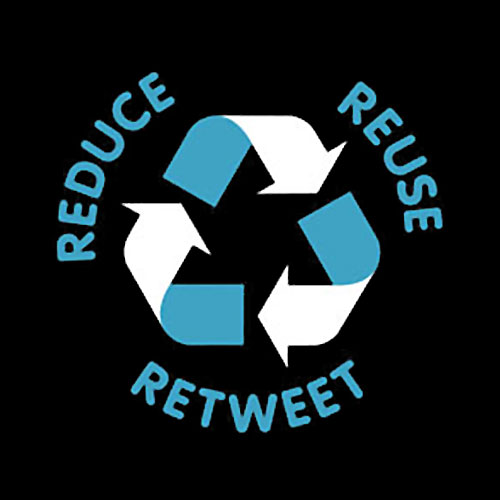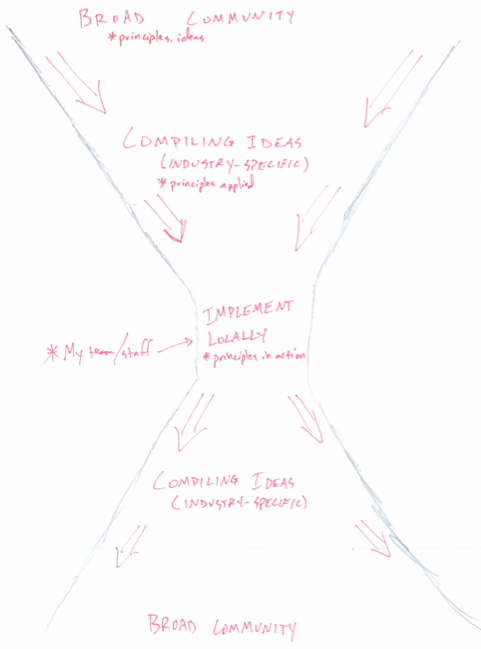I’ve seen this a lot on people’s blogs, and frankly it bothers me.
Sorry, life has been busy and I haven’t had time to blog…
And then it’s often followed up with a promise
I’m going to be blogging every day for the next 289 days, that’s my commitment to you!
And then, 12 days later, I read yet another apology on their blog.
I’m not going to start with an excuse like that. Because when I start with ‘Sorry…it’s been a busy season…’ I insult just about every reader of my blog. Because what I’m saying is, “I’m much busier than you. Because I assume you are checking my blog every day and are shaking your fists at me, foiled once again because you were hoping I’d write another post to fill up your day because you have nothing else to do. You lazy sloth. Get a job.”
Ok, so maybe I’m not actually saying all of that…
I’m not going to use those excuses, because you don’t care if I’m busy. You don’t care how long it’s been since I’ve blogged. You just want me to write.
And this mindset and subsequent offense happens all of the time in life. Not just on blogs. Check this out. Maybe you’ve said something like this.
Common insulting excuses
- Sorry I’ve been slow to respond to your email. Life has been busy.
- Sorry we haven’t been able to meet. I’ve been really busy.
- Sorry that I haven’t finished that project yet. I’ve been swamped.
- I know I told you I’d help you out. I’ve been extraordinarily busy. Sorry.
Likely I’m not any busier than you are. We’ve all got 24 hours in a day. And we all make time for things that we value.
When I lead with, “Sorry, I’m busy…” I presume that you’re not also busy. I presume that my time is more important than yours. That I’m more important than you, and that your time with your job, your family, your church, and your hobbies isn’t also important.
So I’m going to quit apologizing and just start doing the work. No promises or apologies or excuses. Just creating art and forward momentum.
Instead of wasting the time it takes to fill you in on why I haven’t lived up to expectations, I’ll just start living up to expectations.
Question: Am I the only one with a busy schedule?










Don’t be anonymous
The more and more I’m active in social media, the more and more anonymous commenters I seem to attract.
Image via Guardian
And at one level, I get it. Anonymous comments are a chance to share what you really think, without the ramifications of having to deal relationally by asking hard questions, making pointed statements, and pushing someone in a way you wouldn’t normally do in person. I get it. But if you’re going to make some strong statements, don’t hide behind a false name. Be real. Give the person you’re attacking the chance to talk to a real person…not just a fake name.
Here’s the principle behind what I’m saying:
This principle holds true with many things in life.
If you’ve got a good idea, and you believe in it, sign your name to it. If you don’t believe in it, why promote it?
If you’ve got a new policy, and you believe it’s worth implementing, sign your name to it. Stand behind it. If you’re not willing to stand behind it, and deal with the questions and complaints, why implement it?
If you’re ready to hire a new person, and you believe they’re the right person for the job, stand behind them. Let everyone know you believe in this person. If you don’t believe in them, don’t hire them.
If you’re leading your organization in a new direction, stand behind the decision. There may be bumps along the way, but if you believe this is the direction you should go, then show everyone you believe in it.
Anonymous people rarely get anything done. It’s when you are willing to sign your name to what you believe that the ball can begin moving forward.
We don’t need more anonymity. We need leaders.
Question: Have you ever gotten anonymous comments on something you’ve done?